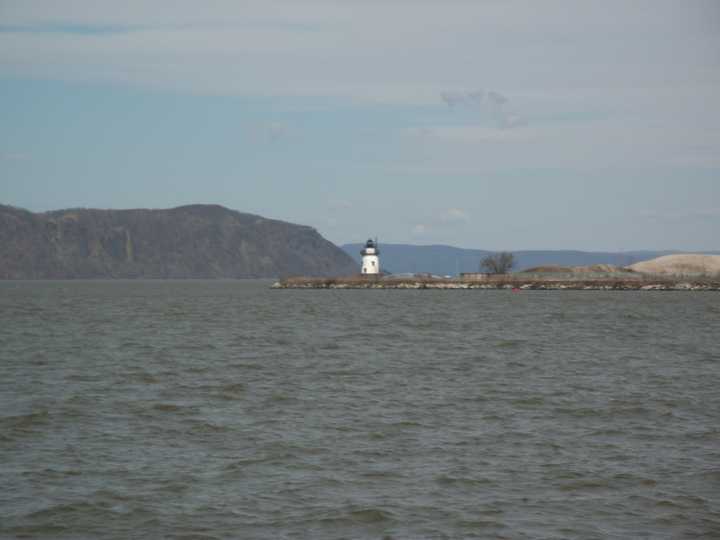Rep. Nita Lowey (D-Westchester/Rockland) sharply criticized what she called cuts to vital clean water protections in a press conference Friday on the banks of the Hudson, joined by environmental experts, advocates and local mayors.
Lowey said the proposed budget cuts would cost New York State nearly $166 million in federal funding for clean water infrastructure improvements, which could result in higher rates for local residents to finance upgrades to water systems and fewer health protections.
A new study released this month by Queens College, Columbia University and Hudson Riverkeeper discovered antibiotic-resistant bacteria at 10 testing sites in the Hudson River, including in the waters near the Tappan Zee Bridge. Researchers located bacteria resistant to ampicillin, a common antibiotic, 84 percent of the time, and bacteria resistant to tetracycline, another common antibiotic, 38 percent of the time.
"This provides one more reason to reduce sewage pollution and to be concerned about the state of our wastewater infrastructure," said Gregory O'Mullan, a co-author of the study who has appointments at Queens College and Columbia University.
Though these finding points to a clear need for federal investment in clean water protections, Lowey said, under a Republican spending bill approved this week in the Interior and Environment Appropriations Subcommittee, the Environmental Protection Agency would be cut by 34 percent or more than $3 billion below this year’s levels.
Under the same spending bill, Lowey said, funds for the Clean Water and Safe Drinking Water Revolving Loan program, which are used to repair and upgrade drinking and wastewater infrastructure, are cut by 83 percent and 61 percent, respectively.
At these funding levels, New York State could lose $130 million in federal clean water funding and nearly $36 million in funding for clean drinking water, she said.
The American Society of Civil Engineers has estimated that by 2020, there will be an $84 billion funding gap for drinking and wastewater upgrades.
“The road to prosperity requires investing in our infrastructure and protecting the public health. The alarming levels of antibiotic-resistant bacteria in the Hudson River are the direct result of insufficient investment in infrastructure and a clear threat to the health of this vital natural resource and local residents,” said Lowey.
“Cutting funding for clean water to levels not seen since Ronald Reagan was in the White House will cost families in the Lower Hudson Valley and strip away vital public health protections. We must stop the Republican plan to put Americans’ health and safety at risk and reach a sensible, bipartisan agreement to invest in our future.”
Irvington Mayor Brian C. Smith called it "potentially a serious health risk to communities on the Hudson River."
"While this is a serious issue, I am certain that it is but one of the many issues that sequestration has unnecessarily thrust on the taxpayers of our nation. I am hopeful that Congresswoman Lowey can be the voice of reason and not only address the issue of antibiotic resistant bacteria being found in our great river, but get the greater dialogue started in Congress to prevent the next unforeseen risk from these budget cuts," he said.
Tracy Brown, water quality advocate at Riverkeeper, said 21 percent of the samples taken in the Hudson since 2006 have failed to meet federal guidelines for safe swimming due to fecal contamination.
"That is unacceptable," she said. "New York State acknowledges that it is behind in infrastructure repairs and maintenance and estimates it will cost $36 billion over the next 20 years to get those systems back up to standard. This is a critical and pressing need in our state and across the country.”
Click here to follow Daily Voice Tarrytown-SleepyHollow and receive free news updates.
